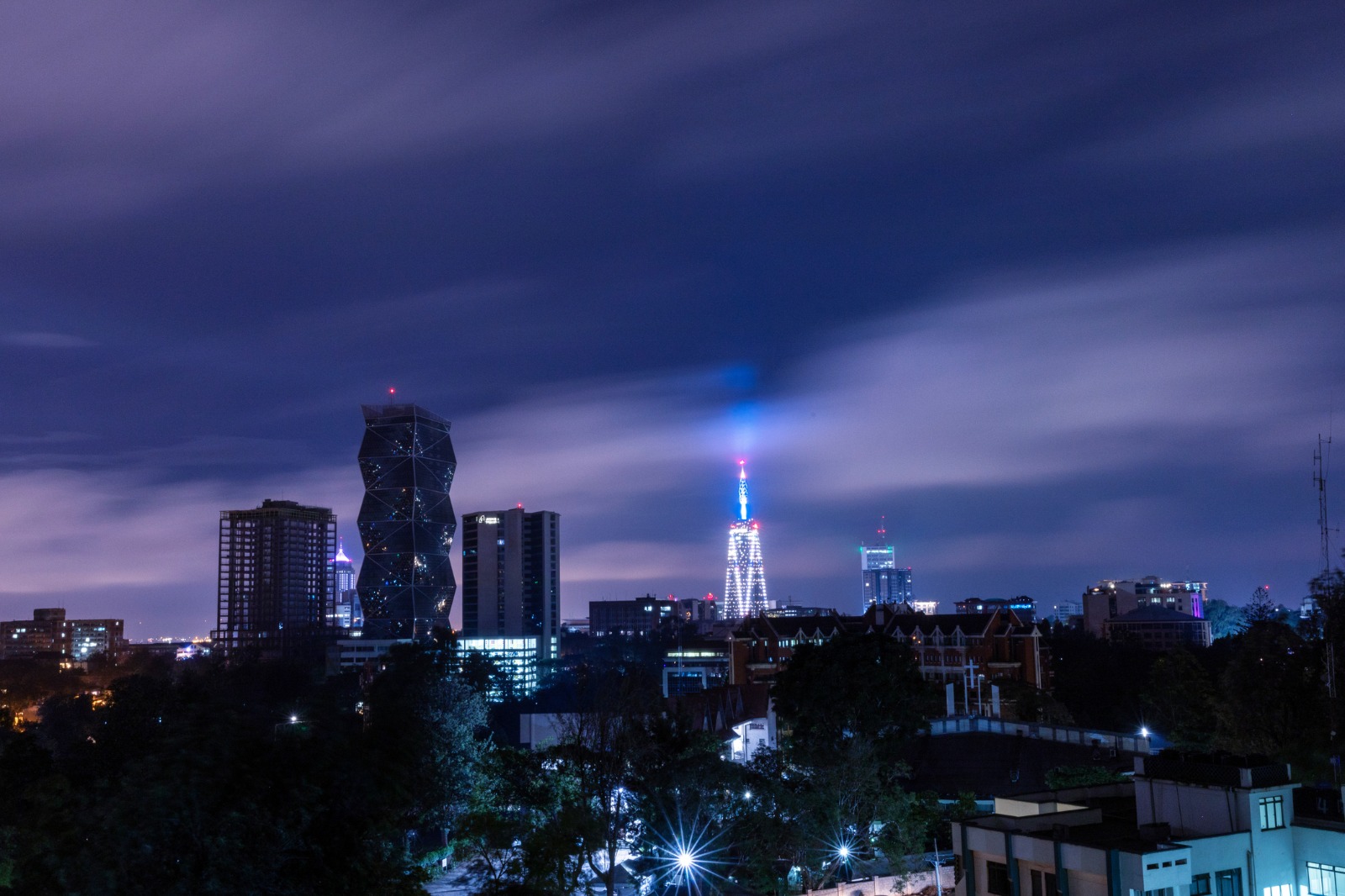In the dark

We often talk about emergence, the future, growth... Despite this flood of well meaning words and (legitimate) hopes, a few truths need to be stated as a prerequisite. For example: Africa is a continent with no energy. Both literally and figuratively. We consume around 5% of the world's primary energy, even though we account for 20% of its population. Today, despite catch up efforts and investments, almost 60% of the continent has no access to electricity, i.e. more than 600 million people, the vast, vast majority of them in sub Saharan Africa. Three quarters of Africans still do not have access to clean cooking methods. Global installed capacity is around 200 GW, 131.5 GW in sub Saharan Africa and 68.25 GW if we exclude South Africa. France alone accounts for 150 GW. India, with a population almost equivalent to that of Africa and where the energy situation remains fragile, produces almost 430 GW. This shows just how far behind we are.
Being permanently in the dark has a dramatic impact on people's development, growth and quality of life, particularly for the most disadvantaged. Power cuts, sometimes lasting several days, are a reality in most major cities, disrupting businesses, factories, hospitals and the entire economic fabric. We're sad when we think of those pictures of children huddled under public lampposts (for those that are switched on...) with their textbooks and exercise books. How do you industrialise, how do you invest, how do you produce more and better if there is no electricity or if it is one of the most expensive in the world? How do we foster the development of new technologies, data centres and artificial intelligence, which are particularly energy hungry?
We're like a giant with no strength, drained of vitality. Africa's population is expected to reach 2.1 billion by 2040, while rural exodus and evolution will lead half a billion people to settle in urban areas. Demand for energy and electricity is set to grow by at least 60% between now and 2030. And nearly 30 billion dollars of investment would be needed every year in production, networks and off grid solutions to drastically reduce fuel poverty. The challenge is phenomenal.
We're not lacking in solutions. Like other sectors, Africa is potentially rich. At least 125 billion barrels of oil reserves and 18 trillion cubic metres of natural gas rich. We're all familiar with the current debate on fossil fuels and their impact on climate change. It's legitimate. But it needs to be adapted to our realities and urgent needs. We produce few greenhouse gases, and we're the first victims of climatic phenomena generated by others (America, China, Canada, Europe...). We can't stop an entire continent from relying, at least temporarily, on its fossil resources.
Both objectives increasing access to energy while mitigating climate change should be seen as complementary rather than contradictory. Because Africa is also the long term owner of a significant share of the world's renewable energy potential (10 TW of solar, 35 GW of hydroelectricity, 110 GW of wind and 15 GW of geothermal). The continent could produce 5,000 megatonnes of hydrogen a year, according to the IEA (International Energy Agency). We also own 40% of the strategic minerals needed for decarbonisation. Despite our constraints, we are already on this path, and we are committed to quintupling our renewable production by 2030.
We all know what the keys are to this kind of systemic change. Africa needs massive funding and accelerated technology transfer. Rich, polluting countries must fully assume their responsibilities, going beyond grandiose declarations of intent. African countries must assume their obligations by planning and developing their installed capacity to the best of their ability. By proposing viable projects. By ensuring good governance and transparency.